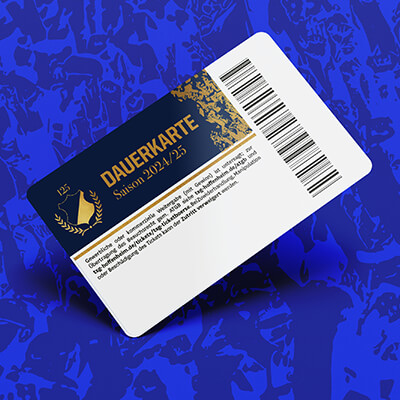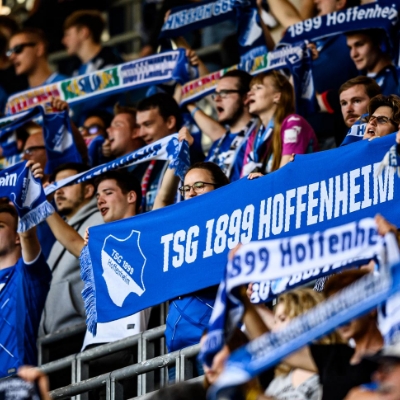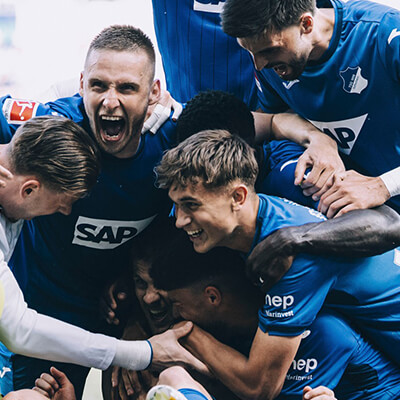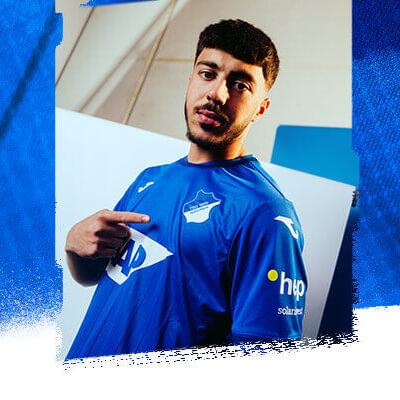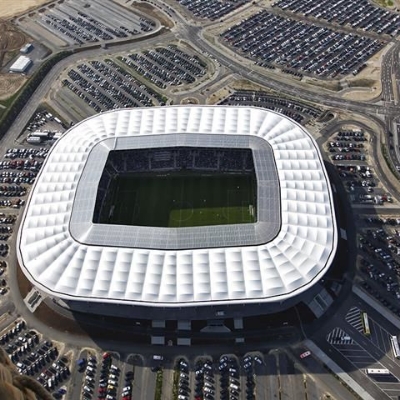At the centre of attention
The pillars of a football team, that oft cited straitjacket – in days gone by, they were comprised of the libero, the playmaker and the centre forward, all of them pivotal players who decided matches in key moments both at the back and up front. But football is constantly evolving. If opposition players had once been forced towards the edge of the pitch with the intention of winning the ball, they were lured into the centre soon thereafter as the distance to the opposition goal was now all the shorter after the aim of winning possession had been achieved.
With the passing of time, a certain type of player has recently been experiencing something of a renaissance, one which had effectively become extinct in the last few decades. Known as the right or left half-back in murky times gone past, it is now of vital importance to the team in Julian Nagelsmann's preferred back-three system. The 'crash-barriers' are just as important as the system's central pillars: Nico Schulz, Pavel Kadeřábek, Joshua Brenet and Steven Zuber, the powerhouses running up and down the length of the wings, are the basis for success, and are of fundamental importance to both the rearguard as well as attacking play.
Our protagonists are hard-pressed to provide an accurate description of their position. Joshua Brenet laughs on being asked to which part of the team he belongs: "It's difficult to say. You're everything: defender, midfielder and attacker. It can't be categorised so exactly. You're all over the pitch all of the time, a box-to-box player."
The Dutchman transferred to TSG from PSV Eindhoven in summer having previously played as a full-back in a back four for years on end. The 24-year-old is relishing the new challenge: "It's a lot of fun, you've got more space and a whole side for yourself, so I can make better use of my pace and score goals, and I'm constantly in both 18-yard boxes, so I'm always in those parts of the pitch where there's plenty going on." Transitioning from a back four to a back-three takes some time, though: "Having a whole side for myself was something very special at the beginning. At Eindhoven, of course, I always had another player in front of me. But I internalised it quickly. Co-trainer Pellegrino Matarazzo did a lot of work with me using video-analysis and that helped a lot. We also train a lot to that end, both physically and of course tactically. It's certainly complicated to put into practice what the manager demands of us."
Schulz: "I like the position"
Nico Schulz has already been through this process. His impressive performances won him a plaudit from "kicker" in summer naming him the best winger in the league, and a short time later he won his first cap for the senior national side. Despite his powerful stature, this unique position often brings the 25-year-old to the limits of his physical endurance, something he acknowledges with a wink of the eye: "There are certainly games at the end of which you don't want to be playing the position anymore. Naturally, you can't experience what my body is going through from the outside, it's really very demanding. But of course, I like the position."
Pavel Kadeřábek is also familiar with the enormous physical demands. During his first match for TSG, a friendly against Neckarsulm in 2015, he could hardly believe how much energy was used up: "Interminable pressing, pressing, pressing. I was on my back after 20 minutes. But now I have the whole side of the pitch for myself on the wing. That's perfect for me." Just like his counterparts, he appreciates the security provided by a back three, meaning he can push forward, or rather that he should do so, since Julian Nagelsmann expects his wingers to be involved in goalscoring.
"To be more successful, the wing backs need to score eight goals a season", said the coach before the season kicked off. "I've spoken with the manager about my need to pick up more scoring points", said Kadeřábek, who is carrying out his assignment brilliantly: in 14 competitive fixtures, he has already scored three goals, one of which the equaliser away at Lyon, and has assisted four more. As a result, he has already matched his figures from the previous season. Nico Schulz (one goal, four assists), Joshua Brenet (three goals, one assist) and Steven Zuber (one goal) have also found the back of the net this season already.
"Scoring goals makes me happy"
The players enjoy switching into attacking mode. Brenet is enthusiastic: "Scoring goals makes me happy, of course. I want to have scored five to ten goals and provided at least five assists by the end of the season. My numbers are much better than they were for Eindhoven. I'm closer to goal and get into the box as often as possible. This really puts the fire in my belly and I'm determined to get more goals. It's a good feeling to know that the manager is behind us and wants us to attack. He has built a system which is based on the wingers."
Brenet now wants to achieve what his teammates who play on Hoffenheim's flanks have already done before him: get called up to his senior national team. Two years after his debut for the Dutch national eleven, he believes he has a good chance of returning to the side thanks to his tactical reorientation. "The system has made me into a better player. If I can keep getting the numbers and playing domestic and international games, I'll certainly be of interest to the national side. That's my major goal." It would not be the first time a player has made his way into his national outfit by way of the Hoffenheim flanks.





